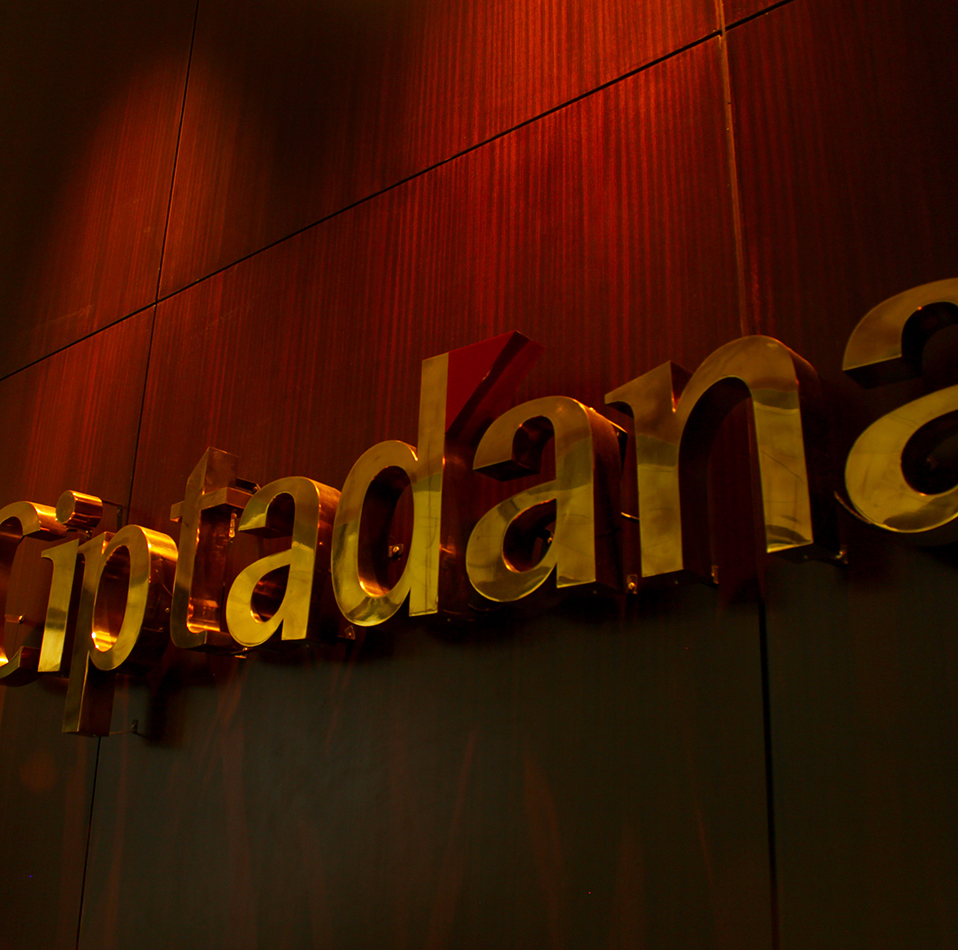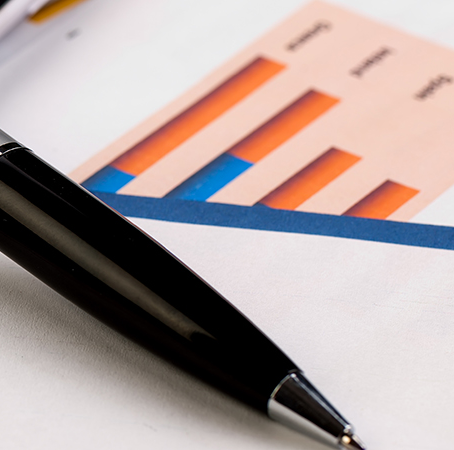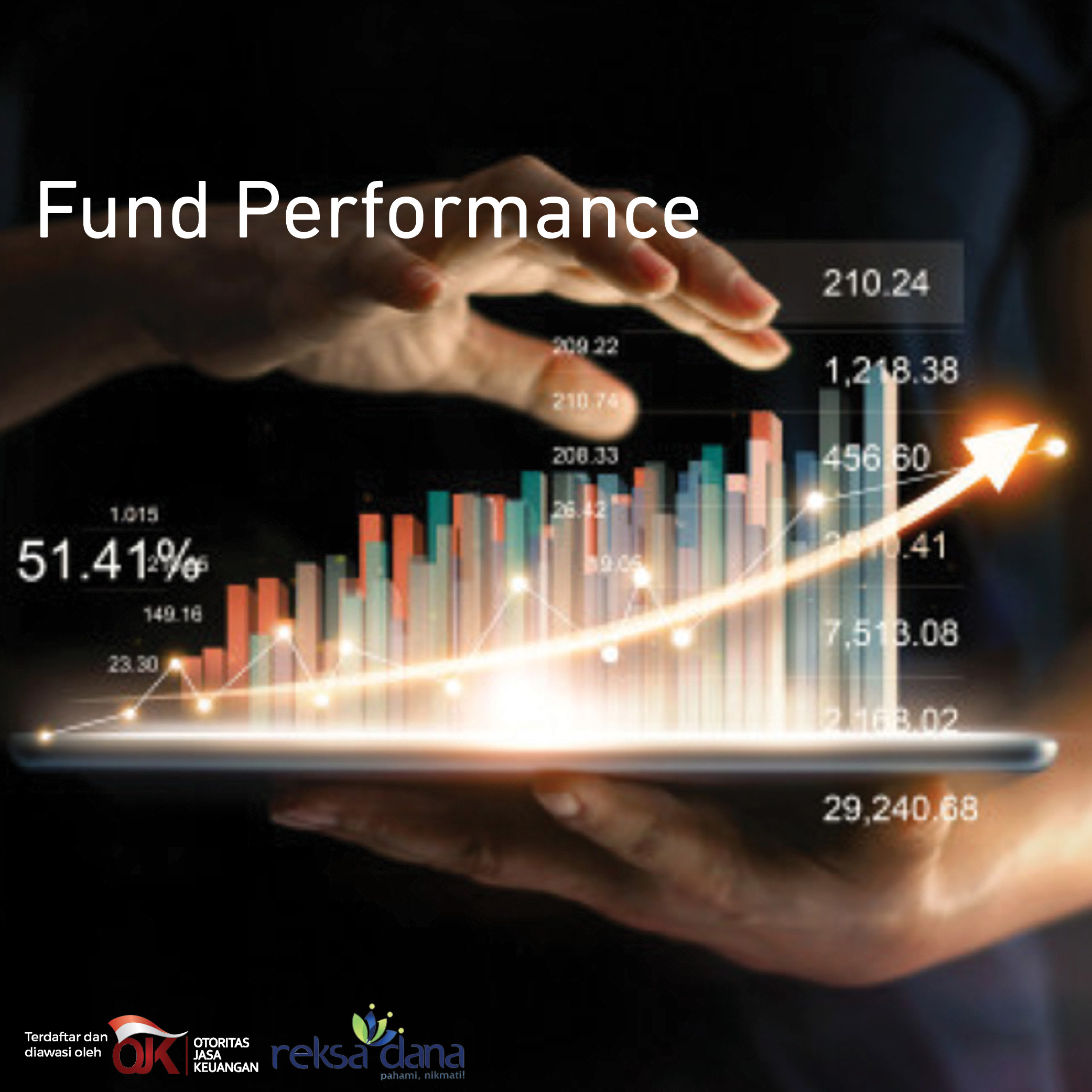Food prices fuel monthly inflation surge
According to Statistics Indonesia (BPS), the monthly inflation rate accelerated to 0.37% MoM in Feb-24 (vs. 0.04% MoM in Jan-24), surpassing both our and consensus expectations of 0.22% MoM and 0.24% MoM, respectively. This acceleration was mainly driven by the food, beverage, and tobacco basket, contributing 0.29% to the overall inflation rate, with a 1.00% MoM inflation rate. Conversely, the information, communication, and financial services basket experienced a -0.03% MoM disinflation rate, but its impact on the headline inflation rate was not significant. We attribute this acceleration to crop failures caused by the El Niño phenomenon. Additionally, volatile food inflation surged to 1.53% MoM in Feb-24, marking the highest level since Dec-22. Furthermore, administered prices rose to 0.15% MoM in Feb-24, compared to -0.48% MoM in Jan-24. On the other hand, the core inflation rate eased to 0.14% MoM in Feb-24, down from 0.20% MoM in Jan-24. Looking ahead, we anticipate that inflation will continue its upward trajectory this month, primarily driven by the rise in food prices during the fasting period. Nevertheless, the upcoming harvest has the potential to mitigate price increases.
Inflation rises to the highest level since Nov-23
The annual inflation rate rose to 2.75% YoY in Feb-24 (vs. 2.57% YoY in Jan-24), hitting the highest level since Nov-23, and and above our estimate and consensus of 2.59% YoY and 2.60% YoY, respectively. Nevertheless, this rate remains within the target range for 2024 of 1.5%–3.5% YoY. Notably, the food, beverage, and tobacco basket exhibited the highest growth, contributing 1.79% YoY to the inflation rate with a 6.36% YoY increase. Additionally, core inflation remained stable compared to the previous month at 1.68% YoY, slightly below both our estimate and the consensus estimate of 1.70% YoY and 1.72% YoY, respectively. Furthermore, volatile food inflation increased to 8.47% YoY in Feb-24 (vs. 7.22% YoY in Jan-24) driven by a foodstuff hike to 7.01% YoY in Feb-24 (vs. 6.00% YoY in Jan-24). On the other hand, administered prices decelerated to 1.67% YoY in Feb-24 (vs. 1.74% YoY in Jan-24) supported by a decrease in energy prices to -0.10% YoY in Feb-24 (vs. -0.07% YoY in Jan-24). Considering the fasting period in the middle of this month and the delay in the harvest from February to March, we forecast that the inflation rate will rise to 2.96%. Furthermore, we anticipate the annual inflation rate to be 3.01% YoY in FY24. This expectation is fueled by heightened inflation concerns stemming from fears of energy and food price escalation due to geopolitical tensions.
Inflation rate by expenditure groups
On a yearly basis, most of the expenditure groups rose in February, namely: food, beverages, and tobacco group of 6.36% YoY; clothing and footwear group of 0.90% YoY; housing, water, electricity, and household fuel group of 0.57% YoY; furnishings, household equipment, and routine household maintenance group of 1.13% YoY; health group of 1.95% YoY; transportation group of 1.40% YoY; recreation, sport, and culture group of 1.68% YoY; education group of 1.55% YoY ; food and beverage serving services/restaurant group of 2.38% YoY; and personal care and other services group of 3.09% YoY. Meanwhile, the information, communication, and financial services group edged down to -0.13% YoY.
Government mantains electricity tariffs and fuel prices
According to the Coordinating Minister for Economic Affairs, the Government has made the decision to maintain electricity tariffs and fuel prices, both subsidized and non-subsidized, unchanged until June 2024. Additionally, he explained that due to the absence of tariff hikes, the government need to allocate extra funds for both PT PLN and PT Pertamina. However, the specific amount for these additional allocations has not been disclosed. Moreover, the Government plans to increase fertilizer subsidies by Rp14 tn. This increase is aimed at meeting the actual needs of farmers, estimated to be around 7-8 mn tons per year. The minister further mentioned a direct cash assistance (BLT) program designed to mitigate food price risks, particularly targeting the high cost of rice, with a budget allocation of Rp11.3 tn. We believe that this Our projections indicate that the deficit will widen to -2.50% of GDP this year, higher than the government's initial target of -2.29% of GDP.
















